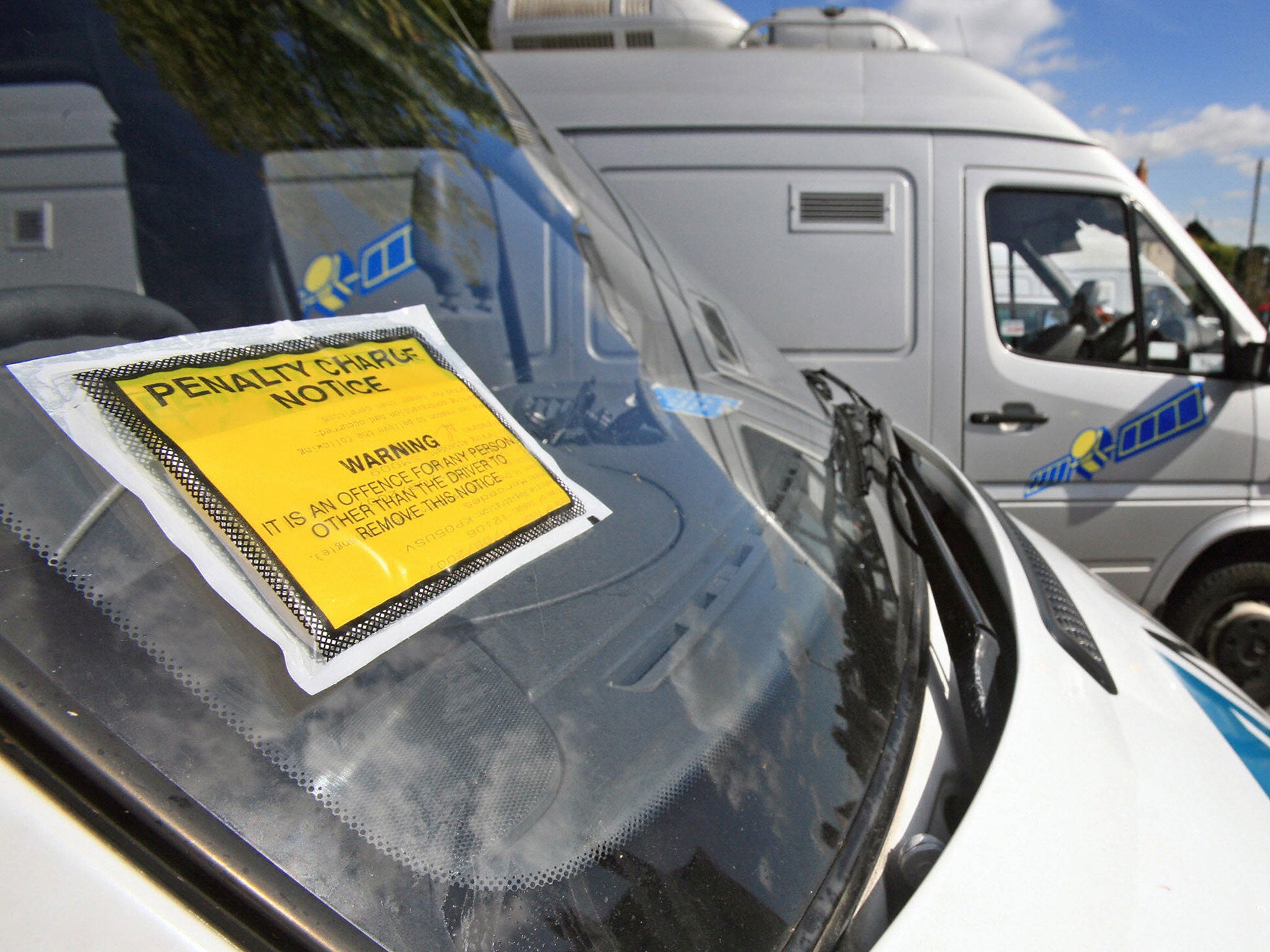Foreign drivers cost councils millions in unpaid parking fines
The LGA say that the government needs to keep more stringent records of those foreign-registered vehicles that enter the UK

Foreign drivers are costing councils in England and Wales millions of pounds in unpaid parking fines, according to the Local Government Association (LGA).
Current British law allows European vehicles to be driven on UK roads for six months before they have to register with the DVLA, meaning that during this time period the majority of parking offences made by these drivers are not recorded.
This means that thousands of non-UK drivers are able to go unpunished for parking offences at a cost of tens of thousands of pounds each month to local councils.
According to data released by the LGA, councils across England and Wales are now counting the cost of this missing revenue.
In the past five years, Oxfordshire, Southampton and Portsmouth councils have collectively been forced to rip up more than 10,000 tickets issued to foreign-registered vehicles, at a total cost of more than £500,000.
In Brighton, two per cent of all parking offences are committed by non-UK registered vehicles, costing the council around £2,000 a month.
Leicester is another city that has had to write off thousands of pounds in parking fines, losing out on £20,000 in the last year alone.
It is believed that over three million foreign cars enter the UK each year, with the majority of these vehicles coming from mainland Europe.
However, unlike the majority of their European counterparts that have laws that allow for parking offenders who drive vehicles that are not registered to their country to be traced and fined, current laws in Britain prevent this and as a result the majority non-UK registered parking offenders are able to slip the net.
In response to the LGA’s findings, the Department of Transport said that they had acknowledged the problem and they were working hard to tackle the issue.
However, the LGA, who represent over 370 councils in England and Wales, believe that more could be done by keeping better records of vehicles that enter the UK, and by being more vigilante in ensuring that foreign vehicles register with the DVLA after the six-month deadline.
Peter Box, Chair of the LGA's Economy and Transport Board, said: “Drivers of foreign-registered vehicles need to realise they are not above the law in this country. Too many are blatantly disregarding thousands of fines for parking every year in this country which is hugely unfair to drivers of British cars who have to pay up if they break the law.
He argued that the money lost through these unpaid fines could be used to improve Britain’s roads – with councils currently facing a £12 billion repair backlog.
Box said: ”Introducing a central database would allow the Government to get tougher on people failing to register their vehicle. A crackdown on those trying to cheat the system would see a greater number registered to UK addresses and councils finally able chase payment of some of these outstanding parking fines.
“EU limits allowing foreign-registered cars to drive on our roads for six months before registering are arguably too long. However, the fact the Government isn't actually tracking cars coming in and out of the country and is unaware how many exceed the deadline makes this largely irrelevant.”
Subscribe to Independent Premium to bookmark this article
Want to bookmark your favourite articles and stories to read or reference later? Start your Independent Premium subscription today.

Join our commenting forum
Join thought-provoking conversations, follow other Independent readers and see their replies